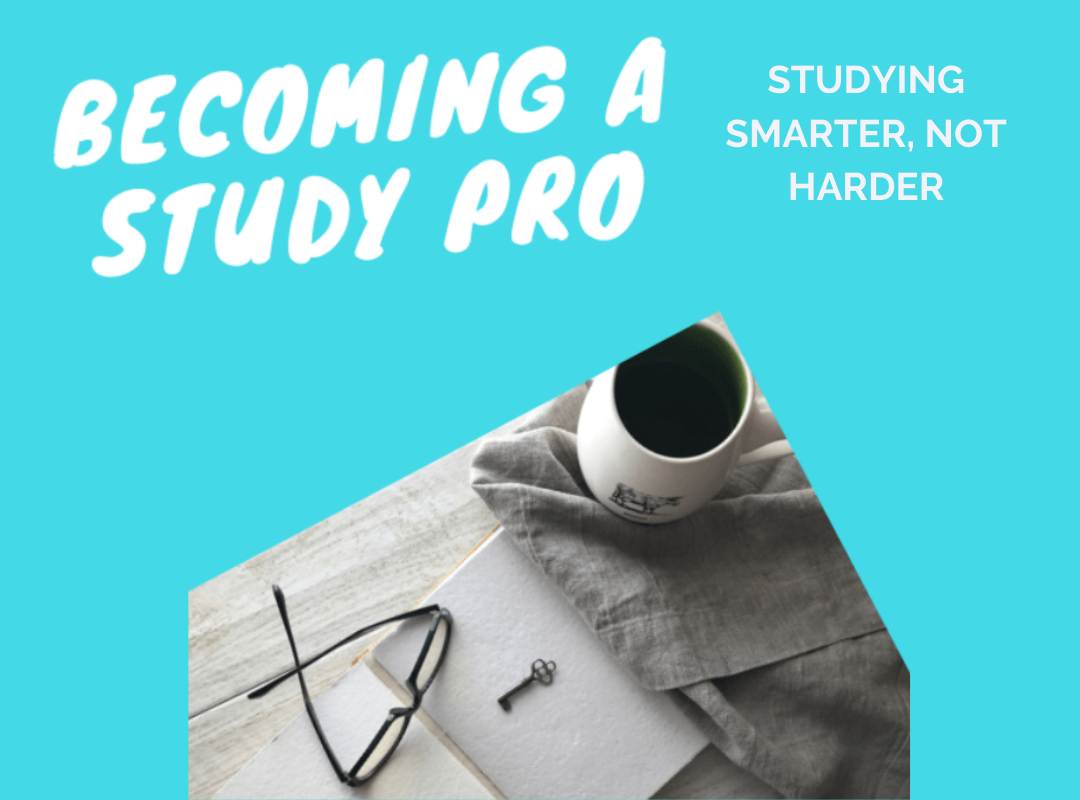
Studying can be tough… that is if you don’t know the smart way to do it. Schools drill into us about working harder, but they never show us how or the best way to tackle it. When I shifted to homeschooling, I had to take control of my studies and it allowed me to learn new methods of studying. Throughout my A-levels, people saw how I was dedicated but I did not kill myself over it, push so hard or wake up super early, it came pretty easy to me. So if you want to get better grades, make sure you are not making these mistakes.
1. Passive Studying 
This is a common one, passive studying means not engaging with the material. Reading your notes and highlighting are examples of this and these methods don’t require any effort to retrieve information from your long-term memory. Therefore, it is a poor method of studying, it’s better to implement active recall methods to help you study more effectively.
2. Copying the whole textbook 
I’ve been guilty of this mistake a couple of times and it’s easy to make because we’re often afraid of missing out on any important information. However, simply copying the exact textbook in your notes is doing more harm than good. You’d be wasting time and energy and you wouldn’t be trying to understand the material to put it into your own words. Therefore, get a scope of the topic, choose the key points and write them down, explaining/describing in your own words.
3. Cramming 
Cramming one week before exams is not the ideal way to study, because you’d be storing information in your short term rather than your long term memory. This is what leads to mental blocks during your exams, so try to review your notes a few months before and repeatedly until your exams, which will allow you to memorise information quickly.
4. Forcing a concept 
Nowadays, teachers stress on understanding a concept, while in the past, memorisation was the key form of learning. However, I believe that you need both; you must first understand the concept and then memorise it. Therefore, if you don’t understand a topic do not force yourself to commit it to memory, you’ll only do more harm, instead find other resources that explain the topic and try to break down each part on paper.
5. Scheduling down to the minute
I’ve seen a few students do this in their efforts to be productive, however, I find it counterproductive. It is highly unlikely that your day will go exactly as planned so you are setting yourself up for disappointment. Make your study schedule flexible, allow breaks and you’ll find it much easier to stick to.
Thank you for reading, I hope you find these tips helpful. Please like and follow for more study tips – see the links in Loren’s author page for more!
Loren also has an eBook available with more study tips – check it out here!
If you liked this article, you may also like:





